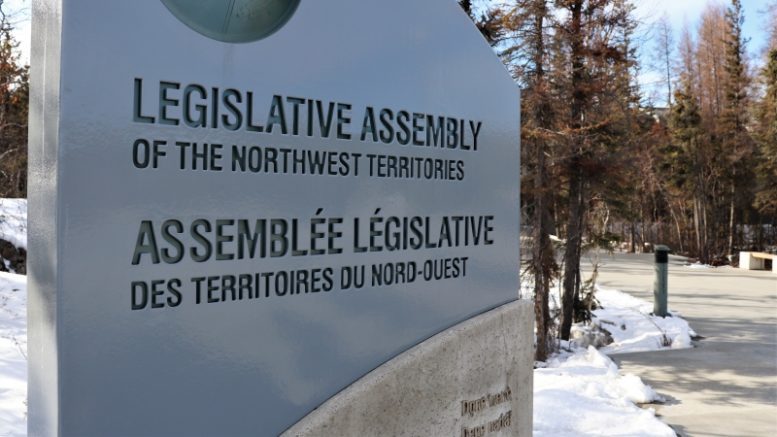The NWT Medical Association has several concerns around a proposed bill to expand the use of virtual health care.
A summary of Bill 40 explains that the current Medical Profession Act only allows doctors registered in the NWT to offer virtual care. That can include phone calls, text messages, video calls and even fax.
“The required registration proved challenging for physicians to provide virtual care during the pandemic,” reads the summary.
To make virtual care more accessible, part of the bill proposes physicians not need to be registered in the territory if they are referred a patient by an NWT physician.
Dr. Katherine Breen, the NWT Medical Association’s secretary, says it “commends” the government on the proposal.
“This system was established under the current public health emergency and has been in place since 2020,” reads the statement.
Under that system, the result of a visit with a virtual physician would still be shared with the original physician that made the referral.
However, that’s where the association’s support of the bill ends.
A possible lack of documentation
Other parts of the proposed bill would create a new category of licensing for physicians that practice virtual care without a referral, allow the minister of health to make agreements with licensing bodies outside of the NWT, and allow the GNWT to create standards of practice for medicine within the territory.
The Department of Health and Social Services says, “Residents will be able to receive medical services in the health centre, by medical travel or by virtual care in their homes, as appropriate to their level of care.”
Breen and the NWT Medical Association disputes that.
“The rest of Bill 40 is potentially harmful to the quality and cultural safety of patient care in the NWT. It would allow any physician licensed anywhere in Canada to apply for a virtual NWT license to provide care by telephone or video conference, regardless of their knowledge of the geography, communities, culture, or territorial resources and care pathways in the NWT,” says Breen.
The association’s statement outlines several concerns: physicians providing virtual care not having access to NWT medical records, meaning virtual “visits” would not be included for local doctors and nurses to see; virtual physicians could prescribe medication without doing a physical exam; and difficulty in arranging medical travel if a virtual physician refers a patient to another for an in-person visit.
The association also says physicians registered through agreements with the minister of health would results in no oversight as they would not be in the NWT system.
“We believe this to be extremely risky,” reads the statement.
The association also calls for an independent body to establish standards of practice for the NWT, not the government.
“Government interests (eg. financial or political) do not always align with what is best medical practice or in the best interests of patients,” reads the statement.
Despite the bill’s summary saying the NWT Medical Association had input into the proposed bill, the association says it has “reached out multiple times to offer our input but have yet to receive any satisfactory response indicating that our concerns have been heard.”
It adds, “Fundamentally, we believe that Bill 40 will be detrimental to the healthcare of NWT residents and should not be passed unless it is significantly amended.”
The bill had its first reading on Nov. 25, 2021, but MLAs have not yet debated it in the legislature.





